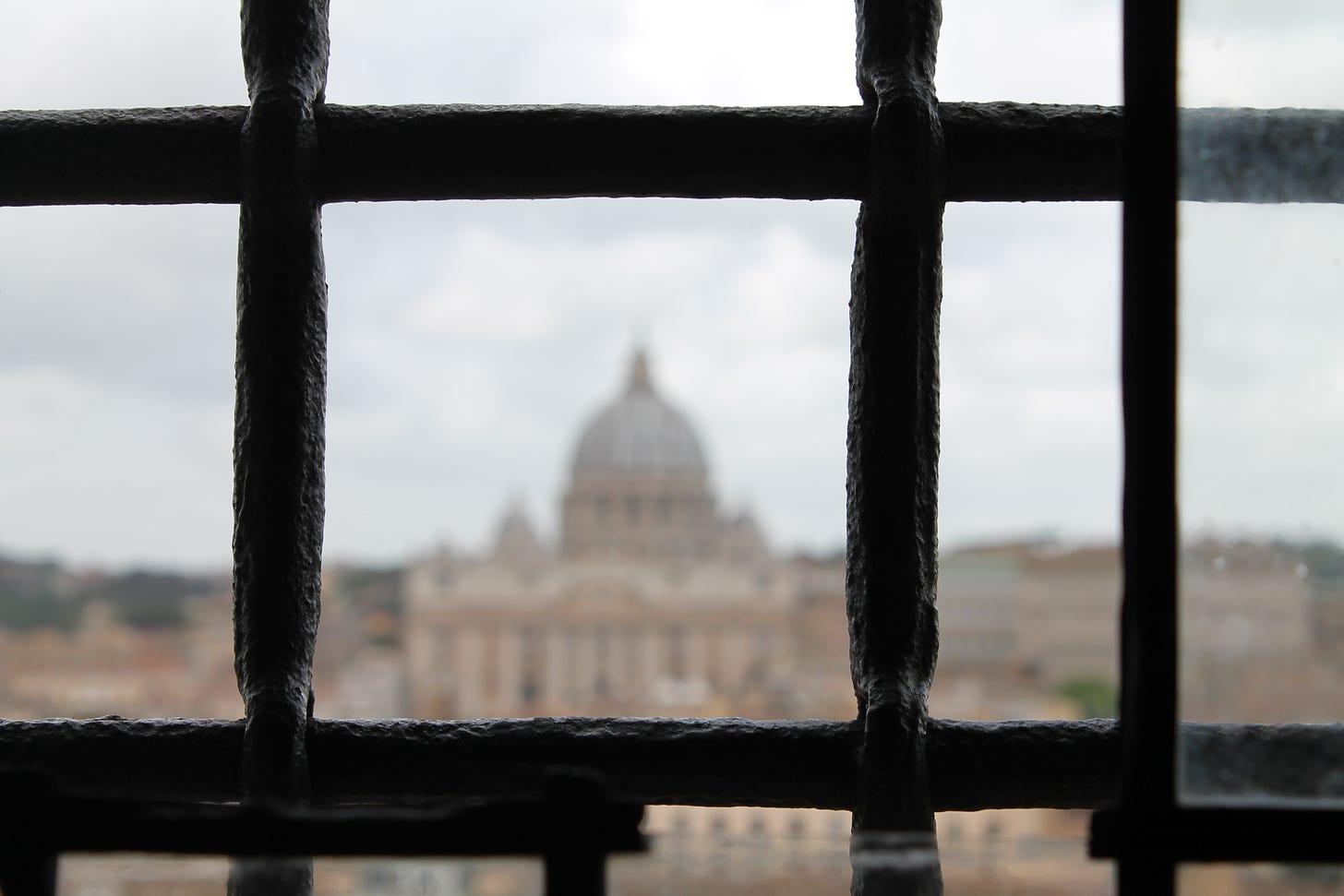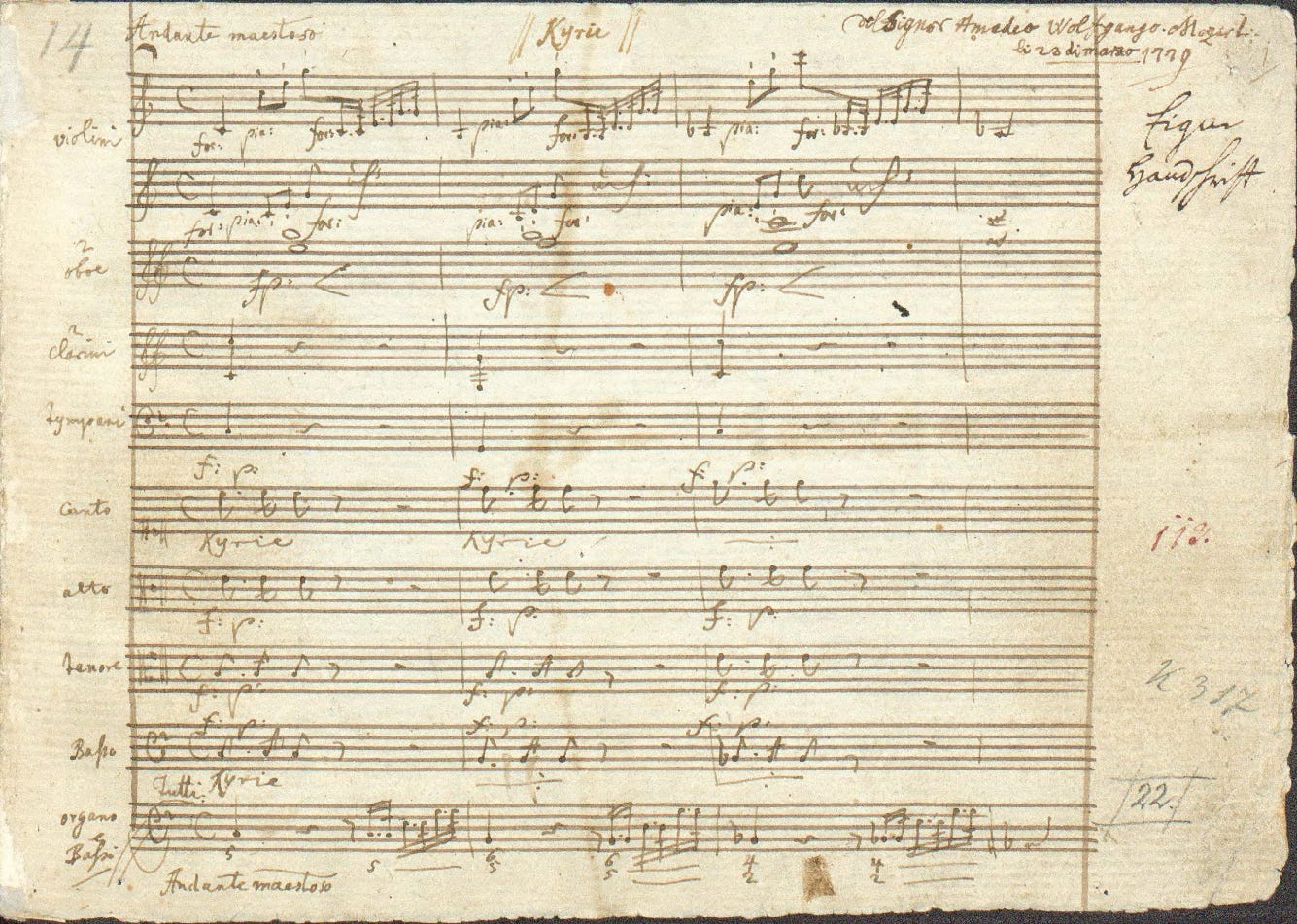Sustained by Tradition: A Prisoner’s Journey of Discovery (Part 2)
Music, missals, malice, and memorization

Last month, I shared excerpts from letters sent to me by a prisoner in a federal institution. The letters quoted were written between September 2018 and January 2020. Many of you who read the article were deeply moved, as I was and continue to be, by the prisoner’s candor, insightfulness, and devotion. Today’s post will continue where we left off.
There was a long delay in our correspondence due to the Coronavirus, so we resume with a letter dated July 20, 2020. He admitted to me how difficult the lockdown in the prison had been and said he appreciated the words I had written to him earlier, which he kept in front of him:
It’s when we lose our way, fall down, feel crushed or abandoned, when life is too much of a burden—it is then that our tough shell is cracked and a ray of divine light can shine into our darkness, almost as tangible as a ladder that we could catch hold of, and climb up. In that state of brokenness, we know that we are nothing—[this is] the birth or re-animation of humility. We know that we cannot survive without His help—the birth of prayer and faith. We know that He will sustain and strengthen us if we throw ourselves on Him—the birth of hope and trust. It is for reasons like this that the saints often say they received the greatest mercies from God when they were suffering the most, when everything looked like it was going wrong or falling apart.

Mozart and chant
On October 13, 2020, my correspondent shows just how much he has taken to heart not only my book recommendations, but also my advice that he listen to classical music:
I read The Mass of Brother Michel. Woah! I was captivated. The ending—when he’s praying the Mass—is one of those powerful scenes that has been embedded in my soul. In addition, I also finished reading Fiedrowicz’s The Traditional Mass. There is much to digest and another reading is due for full digestion….
I’ve been diving into Mozart’s music, mainly his Requiem and Coronation Mass. There is density and weight to these compositions. Both Kyries evoke the feeling of being before the angels. I was absolutely moved by his “Dies Irae.” As I listened it felt like I was before the Judgment Seat…. The “Domine Jesu Christe” for the Offertory feels like you’re about to be taken to Calvary. You feel connected to the Church Suffering. The Coronation Mass is just as good. Is there a better “Credo”? He brings about this solemnity at “Et incarnatus est,” and then he places us before Christ crucified on Calvary, letting us feel the heartbeat of Christ as it comes to an end.
Keep reading with a 7-day free trial
Subscribe to Tradition and Sanity to keep reading this post and get 7 days of free access to the full post archives.




